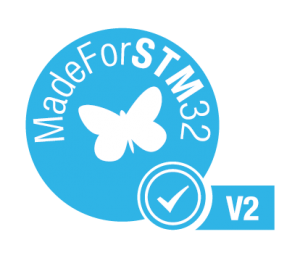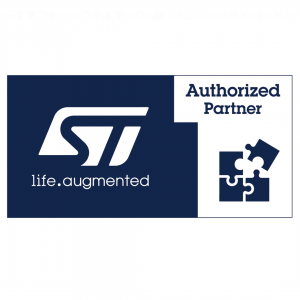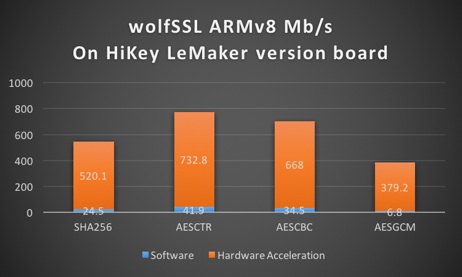A question we get asked frequently is what are the build size and memory usage of the wolfTPM portable library. Here we will compare wolfTPM with the other popular TPM2.0 stacks, “ibmtss2” created at IBM and “tpm2-tss” originally created by Intel.
This comparison is interesting, because wolfTPM was built from scratch to be optimized for embedded devices and resource-constrained environments. This gives our TPM2.0 library a small footprint while still providing the features our users want and need.
At the time of writing, the current versions of TPM2.0 libraries is as follows:
wolfTPM is at major version 2.0.0
ibmtss2 is at version 1.5.0
tss2-tpm is at version 3.0.3
The test environment is x86_64 machine, running Ubuntu 20.04.1 LTS, with gcc compiler at version 9.3.0 (from the official Ubuntu 9.3.0-17ubuntu1~20.04 package).
Here are the memory footprint results reported by the GNU Size tool:
| Code (text) | Memory (data) | bss | Total (Dec) | filename |
| 2658649 | 186120 | 186120 | 2879905 | ibmtss keygen |
| 2730620 | 176736 | 33888 | 2941244 | Tpm2-tss keygen |
| 119980 | 1040 | 24 | 121044 | wolfTPM keygen |
Observations
- wolfTPM needs the least amount of RAM, in orders of magnitude.
- wolfTPM also has the smallest build size
- wolfTPM does not use heap
- wolfTPM has no external dependencies
For completeness, below are the configurations used for each TPM2.0 stack:
– tpm2-tss stack (originally created by Intel) was built using
./configure –enable-shared=no –enable-nodl –disable-fapi -disable-tcti-mssim -disable-tcti-swtpm
In details:
- Disable shared library build (enables static library build)
- Disable dynamic library loading
- Disable support of feature api
- Disable support for Microsoft TPM Simulator
- Disable support for IBM TPM Simulator
tpm2-tss test application: https://github.com/tomoveu/tpm2-tss/tree/size-9
– Ibmtss stack was built using
./configure –disable-tpm-1.2 –disable-rmtpm –disable-shared
In details:
- Disable support for obsolete TPM 1.2
- Disable support for resource manager
- Disable shared libraries (enables static library build)
ibmtss test application: https://github.com/tomoveu/ibmtss/tree/ibm-size-3
– wolfTPM was built using
./configure –enable-devtpm –enable-wolfcrypt –disable-shared
In details:
- Enable /dev/tpmX interface for Linux
- Enable wolfCrypt support for parameter encryption
- Disable shared libraries (enables static library build)
wolfTPM test application: https://github.com/tomoveu/wolfTPM/tree/size-6
If you have any questions or run into any issues, contact us at facts@wolfssl.com, or call us at +1 425 245 8247.
For a full list of wolfTPM features, please visit the wolfTPM Product Page.




